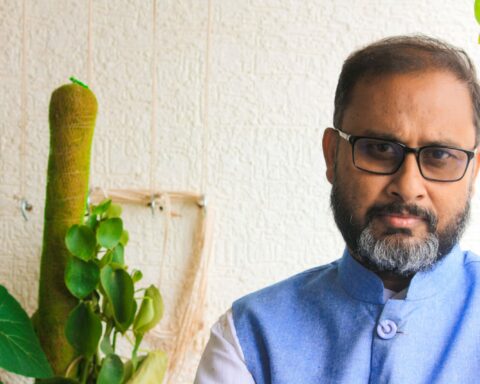Netflix, the world’s leading streaming service, has taken a firm stance against password sharing in India. Starting today, Netflix will be sending this email to members who are sharing Netflix outside their household in India.
In its official statement, Netflix stated that
A Netflix account is for use by one household. Everyone living in that household can use Netflix wherever they are — at home, on the go, on holiday — and take advantage of new features like Transfer Profile and Manage Access and Devices. We recognize that our members have many entertainment choices. It is why we continue to invest heavily in a wide variety of new films and TV shows — so whatever your taste, mood or language and whoever you are watching with, there is always something satisfying to watch on Netflix.
According to a report by MoneyControl, starting from July 20, 2023, the streaming app will initiate measures to address account sharing in various markets, including India, Indonesia, Croatia, and Kenya. This strategic move is aimed at boosting its revenue in the latter part of the year. In a letter to shareholders, Netflix said it will not offer the ‘extra member’ option in these markets since they had recently cut prices in many of them, and the penetration is still relatively low, giving the company “plenty of runway without creating additional complexity“.
The Reasoning Behind the Ban on Password Sharing
Netflix has long been aware of password sharing among its users, and it has been a subject of debate for years. With the growing popularity of the platform, more and more users have been sharing their account credentials with friends and family, effectively allowing multiple individuals to access the service without paying for their subscriptions.
- Firstly, the company has witnessed a significant surge in the number of users sharing accounts, leading to potential revenue loss. With the rising competition in the streaming industry, ensuring a fair distribution of subscription revenue has become crucial for Netflix’s growth and continued content investment.
- Secondly, content licensing plays a vital role in Netflix’s operations. By limiting password sharing, the streaming giant can ensure that its content licensing agreements are not violated. This step is essential in maintaining positive relationships with content creators and distributors, guaranteeing access to a diverse and high-quality library for its subscribers.
Impact on Indian Subscribers and its Possible Repercussions
Netflix has been involved in a longer-discussion over this subject internationally. The Streaming giant had even applied the non-password sharing concept in countries with fewer subscribers as a check on how this move may work. As a result, majorly Netflix has rapidly seen a loss in their incoming subscribers as well as the existing ones too. A significant % of Netflix premium subscribers have opted out from the app after the ban.
Still in a larger market like India, Netflix has undergone the same transition and played the dicey move, as a drastic repercussion it could eventually lead in loss of Indian subscribers too which might hit Netflix economically at worse levels. They may see this move as an added cost burden or prefer switching to other streaming platforms that still allow password sharing.
However, to mitigate this potential churn, Netflix may need to enhance its offerings and customer support to justify the value of individual subscriptions.








